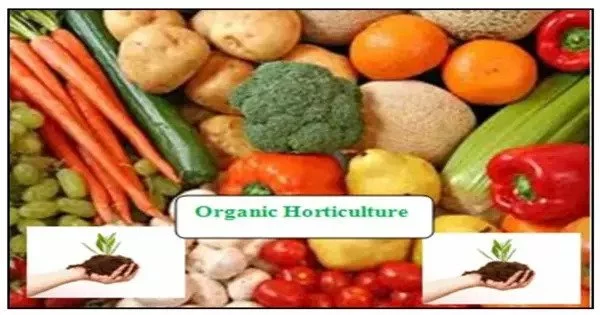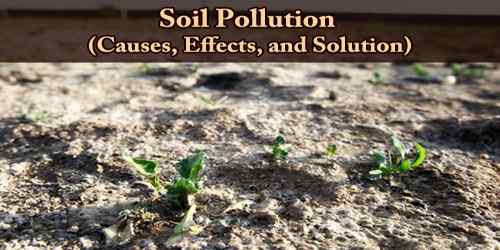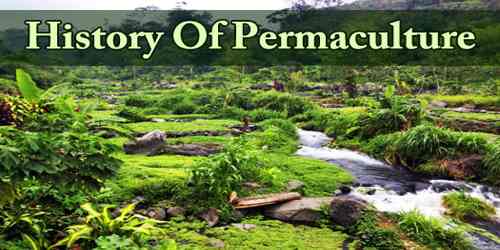Organic horticulture is the science and art of growing fruits, vegetables, flowers, or ornamental plants while adhering to the core principles of organic agriculture in soil development and conservation, pest management, and heirloom variety preservation. It is a subset of organic farming that concentrates on the production of horticulture crops. The major purpose of organic horticulture is to encourage sustainable and environmentally responsible agriculture while creating healthy and nutritious food.
Horticulture is defined classically as the culture or cultivation of garden plants from the Latin words hortus (garden plant) and cultura (culture). Horticulture is also known as “agriculture without the plough.” Instead of the plough, horticulture makes use of human labour and gardener’s hand tools, although some small machine tools like rotary tillers are commonly employed now.
Key principles and practices of organic horticulture include:
- Soil Health: It emphasizes the importance of healthy soil as the foundation for successful crop growth. Practices such as composting, crop rotation, and cover cropping are used to improve soil fertility and structure.
- Chemical-Free Pest and Disease Management: Instead of synthetic pesticides and herbicides, organic horticulturists rely on biological control methods, beneficial insects, natural predators, and organic-approved substances to manage pests and diseases.
- Non-GMO Seeds: It typically uses non-genetically modified (non-GMO) seeds and plants to ensure that crops are not genetically altered.
- Crop Rotation: Crop rotation is a common practice in organic horticulture to prevent soil depletion and reduce the risk of pest and disease buildup. Different crops are grown in succession in the same area to break pest cycles.
- Organic Fertilization: It relies on natural sources of nutrients, such as compost, manure, and organic fertilizers, to nourish plants and improve soil fertility.
Biodiversity
Biodiversity enhancement in the garden or farm helps to maintain a balance of beneficial insects and microorganisms, minimizing the need for pest control procedures. To reduce water wastage and promote sustainable water management, efficient water use and irrigation technologies are used. It emphasizes sustainability, such as reduced energy use, appropriate waste management, and little environmental effect.
Organic horticulture is not only better for the environment, but it also attempts to produce healthier and more nutritious crops by eliminating synthetic chemical residues in the final goods. It is an important technique for encouraging sustainable agriculture and protecting natural ecosystems while delivering safe and healthy food options to customers.
















